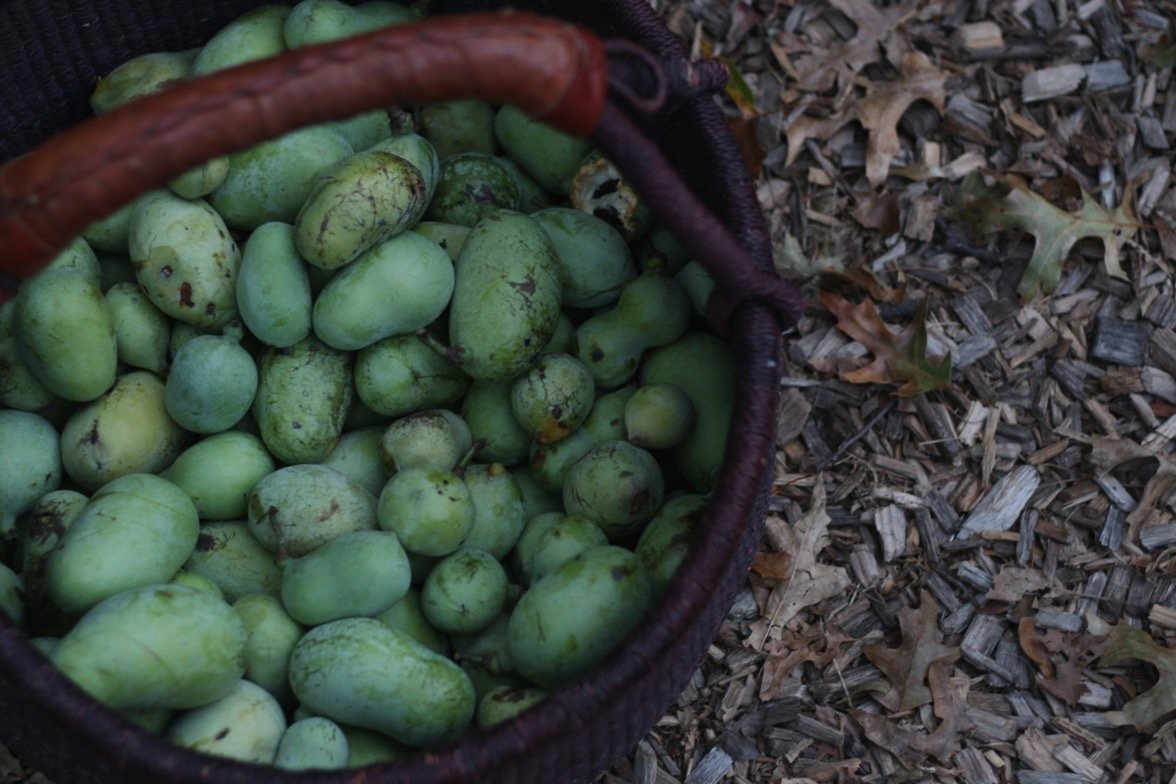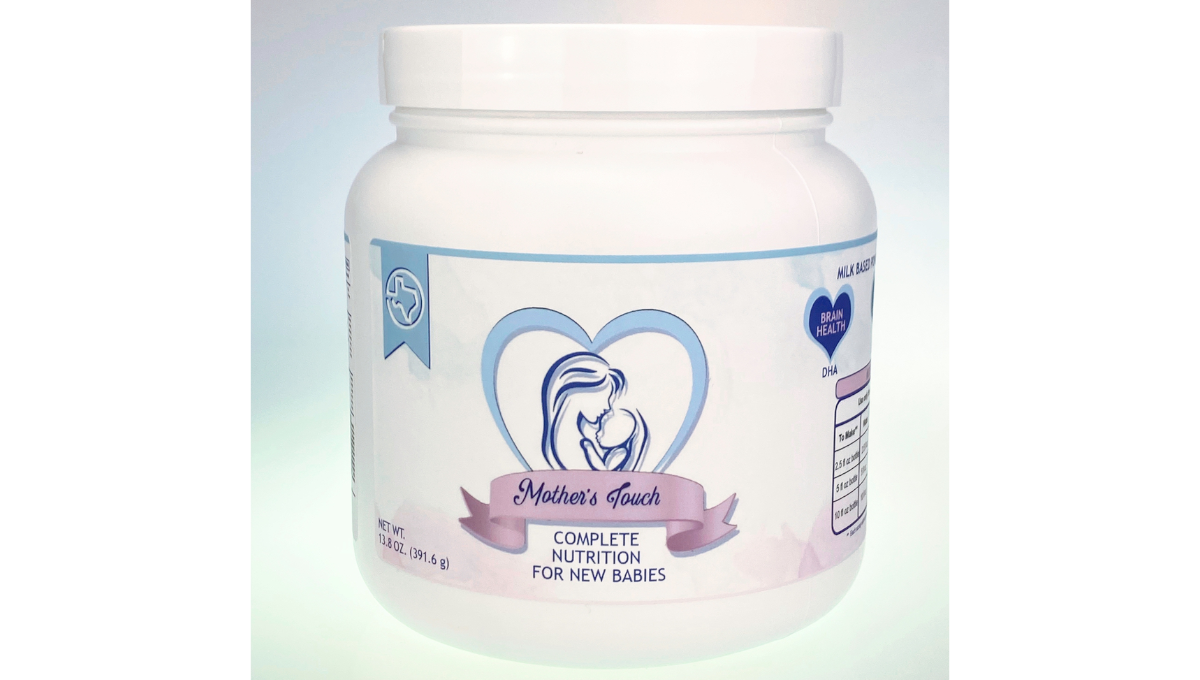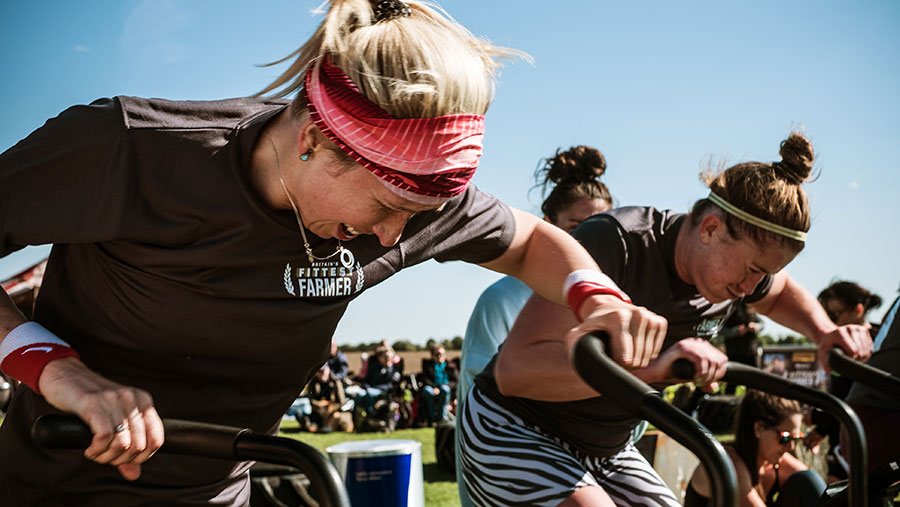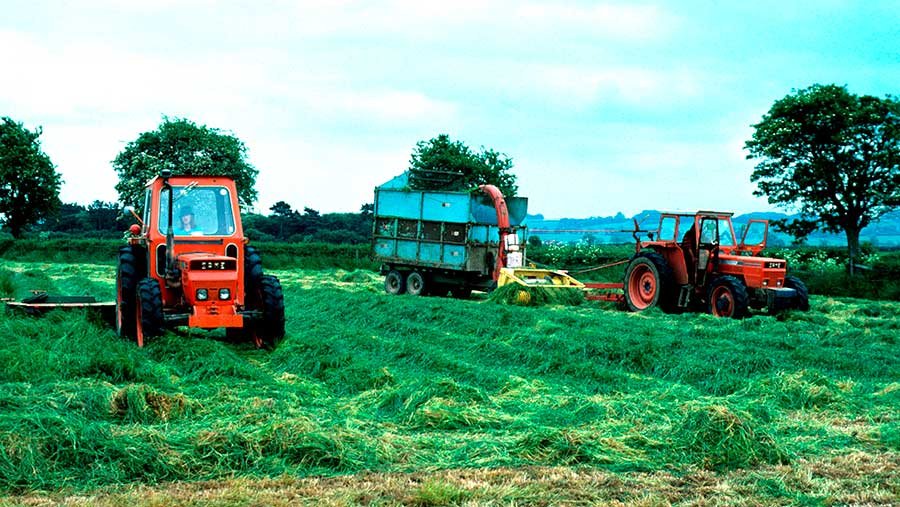Organic and standard veggie crops have comparable insects.
Typical insect types of veggies consist of coleoptera (e.g. click beetle, Colorado potato beetle); diptera (e.g. cabbage maggot, leafminers); hemiptera (e.g. aphids, psyllids); lepidoptera (e.g. Diamondback moth, leafrollers); thysanoptera (e.g. thrips); and acarina (e.g. spider termites, bulb termites) along with symphylans and found snake millipedes. These insects have various techniques of harmful veggie plants, consisting of however not restricted to chewing, tiring, rasping/scraping and piercing and drawing. They choose to eat surface areas or bored plant tissues (leaves, roots, stems or fruits), mines, rolls, folds, and so on
Control alternatives for arthropod insects in veggies are based upon several elements, consisting of pest biology, feeding behavior/habitat, mode of action of the pesticide choice, prevention/curative and ecological conditions. These elements all require to be taken into account in order to establish an incorporated insect management (IPM) prepare for a natural field.
IPM of Greatest Value
Surendra Dara, an entomology and biologicals farm consultant for San Luis Obispo and Santa Barbara counties, stated that while both natural and standard veggies utilize comparable management methods which IPM is very important for all systems, a great IPM strategy is a lot more essential in natural production.
” In natural crop production, the option of pesticides can be restricted, causing their duplicated usage and prospective resistance issues,” he stated. “Cultural, mechanical, microbial, biological and behavioral control alternatives are important elements of IPM and enhance control with pesticide applications.”
Cultural Alternatives
Dara detailed several cultural alternatives that growers have at their fingertips, consisting of making use of resistant host plants, sanitation and adjustment of agronomic practices, in a University of California webinar. Beginning with tidy product, handling alternative/weed hosts, getting rid of and damaging plagued plants and handling crop residue are all aspects of excellent sanitation in the field, he stated. Planting time, plant density, crop rotation, trap crops and combined cropping along with excellent nutrient and watering management can likewise contribute.
Biological Alternatives
A biological method can be particularly crucial in a natural setting. Biologicals consist of natural opponents, microbial control representatives and biostimulants.
“[Biologicals] play a substantial function in IPM in enhancing crop health, offering natural control, minimizing the dependence on artificial or other pesticides, reducing ecological and human danger, and promoting sustainable food production,” Dara stated.
One PCA at a Santa Maria-based fruit and vegetables operation likewise kept in mind the significance of biologicals. “It is very important to have some biological control present,” she stated. “We attempt to promote beneficials by planting cilantro or alyssum in the field; when the insect pressure is high, this is less efficient, however it does assist some.”
Chemical Options
If pesticides require to be utilized on a natural veggie field, Dara suggests botanical pesticides, microbial or microbial metabolite-based pesticides, and/or pesticides including diatomaceous earth, fats and minerals. Pesticides will require to be picked based upon arthropod habits and environment (i.e. chewing vs. drawing pests, surface area feeders vs. borers/miners/rollers, underground vs. aboveground, life phase of bug, and so on) Active components for pesticides with natural labels consist of pyrethrins, spynosyns, avermectins, azadirachtin and botanical extracts/oils.
Mechanical Alternatives
Dara suggests usage of row covers, screens, sticky tapes and reflective product along with ultraviolet light.
Behavioral Alternatives
Depending upon the kind of arthropod types, Dara suggests baits/traps and breeding disturbance.
In a current research study on diamondback moth (DBM) management in Brussels sprouts, Dara took a look at the effectiveness of a sprayable scent to assess the prospective improvement that breeding disturbance might supply in an IPM program. What he discovered was that breeding disturbance (in this case, CheckMate DBM-F), when integrated with larval-suppressing pesticide applications, “will substantially boost the existing IPM practices by minimizing pest populations, adding to insecticide resistance management and minimizing pest management expenses,” according to Dara in the March/April 2021 edition of Progressive Crop Specialist.
Organic vs. Traditional
Other than for utilizing the items that do not have natural registration, Dara stated natural and standard veggie production systems utilize the exact same techniques for insect management. He likewise stated that there aren’t any brand-new insects particular to natural veggies at the minute, however DBM problems are growing in some locations in both natural and standard fields.
The Santa Maria-based PCA kept in mind that more acreage is in some cases needed depending upon losses that specific natural crops can experience. “Often when the population gets truly bad, we in fact not do anything as far as pesticides go due to the fact that it’s simply difficult to manage it,” she stated.














